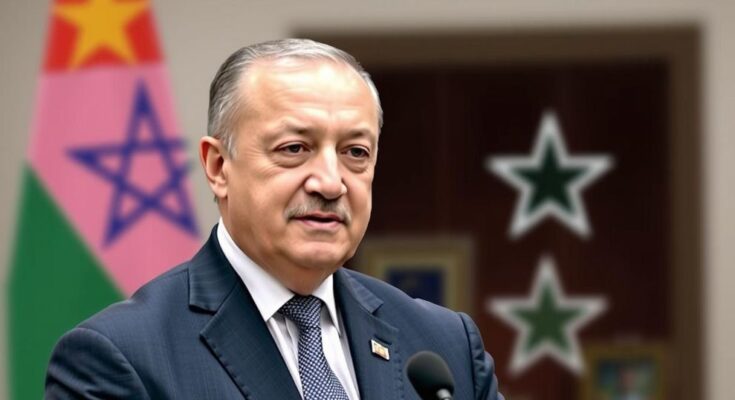Despite President Obama’s strong stance on the use of chemical weapons in Syria back in August 2012, subsequent inaction in the face of actual attacks has led to a failure in disarming Syria of its chemical arsenal. Reports still indicate significant amounts of chemical weapons remain unaccounted for, posing threats to regional security. The lack of cooperation from the Syrian regime continues to complicate international efforts for verification and destruction of these weapons, emphasizing the limitations of existing treaties and diplomatic engagements.
In August 2012, following the UN’s declaration of a civil war in Syria, President Barack Obama pledged to enforce what he termed a red line regarding the use of chemical weapons by the Assad regime. Despite his firm rhetoric, including a commitment to respond with military action if chemical weapons were deployed, he ultimately refrained from taking decisive action when such weapons were used. This inaction, coupled with Syria’s subsequent accession to the Chemical Weapons Convention, has led to a longstanding failure to fully account for and destroy the nation’s chemical arsenal.
The Organization for the Prohibition of Chemical Weapons (OPCW) has identified significant amounts of mustard gas and precursor chemicals as going unaccounted for, raising concerns about their potential use by non-state actors. Reports indicate that, despite commitments from Syria, critical stocks of chemical weaponry persist, posing ongoing risks to regional and international security. Moreover, the OPCW has faced challenges in obtaining necessary access to verify Syria’s compliance due to a lack of cooperation from the Assad regime and ongoing conflict in the region.
In the intervening years, investigations into chemical weapon use have continued to implicate the Syrian government in various attacks. Recent assessments by the OPCW reveal that of twenty-six issues raised regarding Syria’s chemical arsenal, only seven have been resolved. The lack of transparency and compliance by the Syrian government underscores the complexities of enforcing international laws regarding chemical weapons and highlights the implications of a geopolitical environment that has shifted priorities and minimized U.S. engagement in the conflict since the initial pledges made by President Obama.
This article explores the failure of international efforts to eliminate chemical weapons in Syria, primarily through the lens of U.S. President Barack Obama’s response to the Syrian civil war. The situation escalated following the use of chemical weapons by the Assad regime, prompting a global outcry and efforts to hold the regime accountable. However, the complexities of the geopolitical landscape, particularly U.S.-Russia relations and the shifting priorities of subsequent American administrations, have hindered effective action and resolution in Syria, leading to persistent security threats posed by unaccounted chemical weapons.
The persistently unaccounted chemical weapons in Syria represent a failure of international protocols established to eliminate such threats. The initial promises made by President Obama created expectations of accountability and security, yet the lack of follow-through has allowed the Assad regime to maintain a dangerous arsenal. Additionally, the political landscape and lack of U.S. intervention over the years have further complicated the situation, leaving regional stability at risk as investigations continue with little resolution in sight.
Original Source: www.arabnews.com




